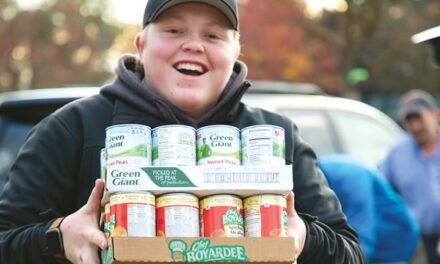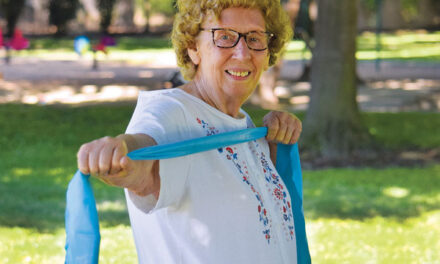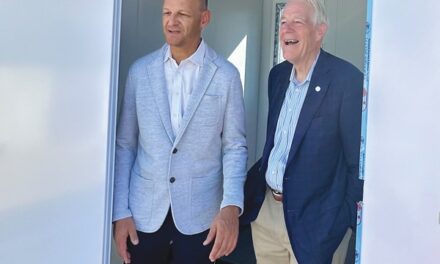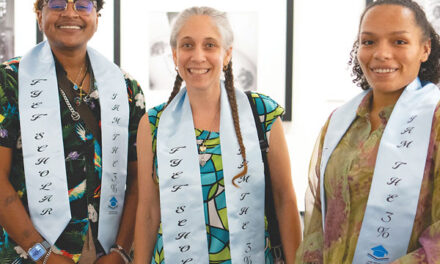Readers know my passion for local small businesses. Sacramento merchants make immense contributions to our neighborhoods. Our sense of community, lifestyles and health depend on their “open for business” signs.
The past four months have frayed the protective fibers of our community. Businesses and schools were shut. Healthy lifestyles disrupted as gyms and fitness centers closed. Self-isolation. Families and friends kept apart.
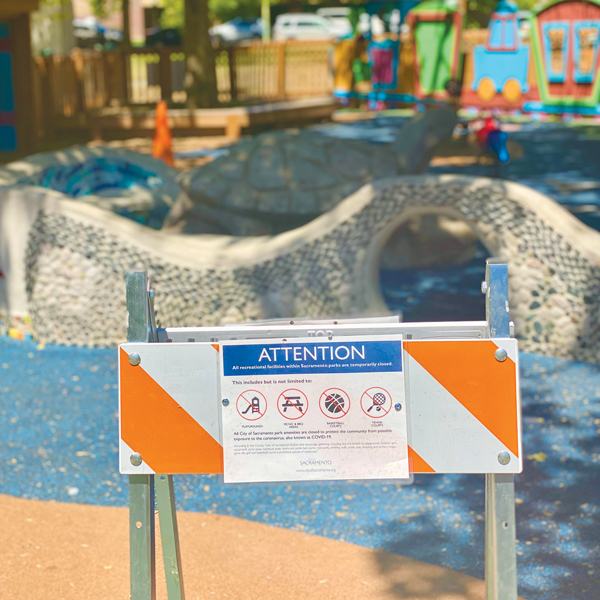
Then our world shifted again with the murder of George Floyd in Minneapolis. His death at police hands sparked a nationwide reckoning about race and equality. Peaceful protests in Sacramento gave way to violence and looting. Our frayed community was torn further apart.
A trip down J Street in early June told the story: shattered glass, boarded up shop windows and spray-painted epitaphs on walls.
Business owners in my East Sac neighborhood boarded their windows in advance. Other merchants around town did the same, hoping to save their investments.
A city can’t consider itself healthy if our elected officials fail to make decisions to protect small businesses. It took two nights of violence before our elected leaders adopted a curfew designed to stop the looting. Damages to more than 200 businesses exceeded $10 million. Many of those businesses are owned and staffed by the very people the protestors were marching to protect.
The response to COVID-19 also showed inconsistencies in our priorities. We express concern about mental and physical wellness. Then we block access to gyms and fitness centers. Some were allowed to open in June. But all were given onerous safety rules and protocols.
I was stunned to receive an email from my favorite fitness studio detailing state protocols for re-opening. The small studio has always been a clean and thoughtful organization. But the new rules read like we were preparing to enter an infectious disease ward. My heart goes out to any business trying to bring back clients under such mandates.
The same rules apparently didn’t apply to major retailers such as Walmart, which reported record sales (and pandemic-defying crowds) and booming stock prices. The aisles were packed despite social-distancing protocols. More than 20 Walmart employees died from coronavirus-related complications in two months. Meanwhile, local gyms were locked down.
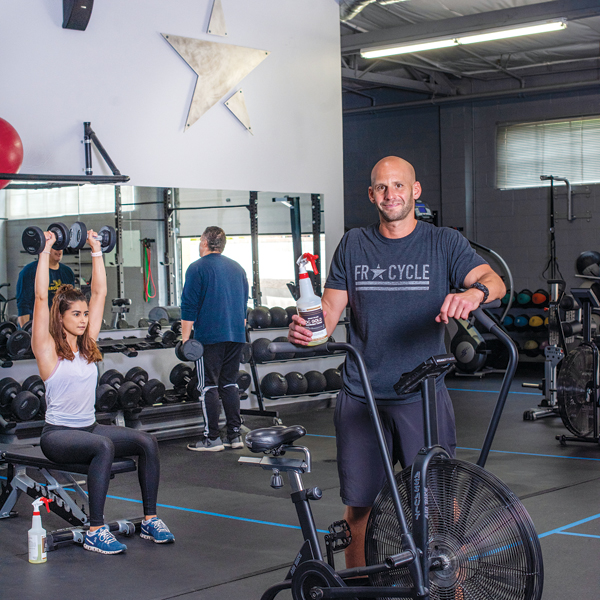
Adam Attia, owner of East Sac’s Fitness Rangers gym, has been devastated by the shutdown. He joined other fitness community leaders to lobby Gov. Gavin Newsom for help in getting gyms open.
Attia explained the industry followed state protocols to develop new guidelines. “I guarantee our clients will be safe, feel safe—safer than any other business sector that has already been allowed to open. We are selling health and wellness. We are helping our clients beat diabetes, obesity and providing a mental outlet to deal with the tremendous stress we are all facing,” he says.
Fitness Rangers will need more than a year to financially recover from the shutdown, Attia says. And that’s if the gym is lucky.
As we move forward and think about the people and places in our community that need attention, nurturing and protection, small businesses must be high on the list. As we prioritize our support for all people, especially those we have neglected, we must think of mom-and-pop shop owners—local folks who have poured their hearts and investment dollars into Sacramento’s diverse neighborhoods.
And we must protect and support neighborhood businesses that provide opportunities to improve our health. Those businesses should be allowed to safely re-open.
If our health, fitness and mental wellness are suffering, if neighborhood businesses are disappearing, how can we begin to fix deeper, systemic problems?
Cecily Hastings can be reached at publisher@insidesacramento.com. Follow us on Facebook, Twitter or Instagram: @insidesacramento.com.





